Oily Skin Solutions: Balancing Oil Production & Minimizing Pores
Ever glance in the mirror midday and feel like your face is hosting an oil convention? You're not alone. Oily skin, while frustrating, is a prevalent skin type. But fear not fellow shiners! Effective ways to manage that unwanted sheen and achieve a healthy, balanced complexion exist.
Understanding Sebum: Friend or Foe?
Your skin naturally produces an oily substance called sebum. Sebum is vital, acting as a built-in moisturizer and protecting your skin from environmental aggressors. It keeps your skin supple and prevents excessive dryness. However, when your sebaceous glands go into overdrive, producing too much sebum, it can lead to a cascade of problems. Excess oil can clog pores, creating the perfect breeding ground for bacteria and blemishes. This translates to breakouts, blackheads, and whiteheads, and that ever-present, shiny appearance.
The Culprits Behind Oily Skin: It's Not Just Genetics
While genetics can play a role in determining your skin type, it's not the only factor influencing oil production. Here are some other common causes of oily skin:
- Hormonal Fluctuations: Hormones significantly impact our skin, especially during puberty or your menstrual cycle. Fluctuations in hormone levels can increase sebum production, leading to temporary periods of oiliness.
- Dietary Choices: What you eat can show on your skin. Sugary treats, processed foods, and even dairy products have been linked to increased oiliness. These foods can trigger inflammation in the body, affecting your skin's oil production.
- Climate Control: Hot and humid weather is a double whammy for oily skin. High temperatures cause your body to sweat more, and the humidity traps moisture on the skin's surface, making it feel even greasier.
- Overzealous Cleansing: While keeping your face clean is essential, scrubbing your skin harshly or using too strong cleansers can be counterproductive. Harsh cleansers can strip away your skin's natural oils, ironically signalling your sebaceous glands to produce even more oil to compensate for the lost moisture.
The Oily Skin Care Routine: A Gentle Touch is Key
The key to managing oily skin lies in a balanced approach. Here's a breakdown of an effective skincare routine for oily skin:
- Cleanse, But Don't Over-Cleanse: Wash your face twice daily, morning and night, with a gentle, fragrance-free cleanser. Harsh scrubs and foaming cleansers can irritate your skin and disrupt its natural oil balance. Opt for a gentle cleanser that removes dirt and impurities without stripping your skin's natural moisture barrier.
- Moisturize, Don't Fear It: Contrary to popular belief, oily skin still needs hydration. Dehydrated skin can trigger increased oil production as your skin tries to compensate for the lack of moisture. Look for lightweight, oil-free moisturizers formulated with hyaluronic acid. Hyaluronic acid is a humectant, meaning it attracts and retains water in the skin, keeping it hydrated without feeling greasy.
- Exfoliate Regularly: Dead skin cells can build up on the surface of your skin, clogging pores and contributing to oiliness. Exfoliation helps remove these dead cells, promoting smoother, clearer skin. However, be gentle! Over-exfoliation can irritate your skin. Use a gentle exfoliating scrub or a chemical exfoliant with AHAs (alpha hydroxy acids) 1-2 times weekly.
- Non-Comedogenic is Your Mantra: When choosing skincare products, look for the label "non-comedogenic." This means the product is formulated not to clog pores. Clogged pores can lead to breakouts and worsen oiliness.
Hero Products for Oily Skin Champions
Now let's talk about some specific products that can be your allies in the fight against shine:
- beplain Mung Bean Cleansing Oil: This gentle oil cleanser effectively removes makeup and impurities without stripping your skin of its natural oils. The mung bean extract helps soothe and calm the skin.
- Torriden DIVE IN Hyaluronic Acid Serum: This lightweight serum is a godsend for oily skin. Packed with hyaluronic acid, it delivers intense hydration without feeling greasy. Hyaluronic acid plumps the skin and helps regulate oil production.
Beyond Skincare: A Holistic Approach
Skincare is crucial, but a holistic approach is even better. Here are some lifestyle tips to help manage oily skin:
- Diet Matters: Limit sugary, processed foods and dairy products. These foods can contribute to inflammation and worsen oil production. Focus on incorporating fruits, vegetables, and whole grains into your meals. These foods are rich in vitamins and antioxidants, which can help promote healthy skin.
- Blotting Papers: Your Shine-Control BFFs: Blotting papers are your on-the-go lifesavers. They absorb excess oil throughout the day without disrupting your makeup or irritating your skin. Gently press a blotting paper onto the shiny areas of your face, and voila! Instant mattification.
- Makeup Must-Haves: Choose Wisely: When it comes to makeup, opt for oil-free formulas that won't clog pores and worsen oiliness. Look for foundations and powders labelled "non-comedogenic" or "mattifying." Using a mattifying primer before applying makeup can also help control shine throughout the day.
Professional Treatments: When Skincare Isn't Enough
For stubborn oily skin that doesn't seem to respond to at-home treatments, consulting a dermatologist is recommended. They can recommend or perform professional treatments to address your specific concerns. Here are some options to consider:
- Chemical Peels: Chemical peels use a solution to exfoliate the top layer of skin, removing dead skin cells and unclogging pores. This can help reduce oil production and improve skin texture.
- Microneedling: This minimally invasive treatment involves using tiny needles to create microscopic punctures in the skin. This triggers the body's natural healing response, which can help improve skin texture, minimize pores, and regulate oil production.
- Laser Treatments: Certain laser treatments target the sebaceous glands, reducing their size and activity. This can lead to a significant decrease in oil production.
Remember, Consistency is Key!
Remember, managing oily skin is a marathon, not a sprint. Consistency is key to achieving and maintaining a healthy, balanced complexion. By following a gentle skincare routine, making healthy lifestyle choices, and considering professional treatments if needed, you can finally say goodbye to the oil slick and hello to shine-free confidence!
Oily Skin FAQ: Busted Myths and Smart Solutions
Confused about oily skin? You're not alone! Many people have misconceptions about how to manage oily skin. Let's clear the air and get you on the path to shine-free confidence.
- Myth #1: Strong cleansers and alcohol will banish oil.
Busted! While it may seem logical to strip away oil with harsh products, this actually backfires. Removing natural oils disrupts your skin's barrier, triggering it to produce even more oil to compensate for the dryness. This can lead to dehydration, irritation, and even breakouts.
Solution: Use gentle, fragrance-free cleansers that remove dirt and impurities without stripping your skin's natural oils.
- Myth #2: Sunscreen is the enemy of oily skin.
Busted! Sun protection is crucial for everyone, regardless of skin type. Talk to your dermatologist or aesthetician about oil-free, non-comedogenic sunscreens that won't clog pores. Look for formulas with mattifying ingredients like micro-sponges to control shine while providing sun protection.
- Myth #3: Sunbathing dries out oily skin.
Busted! Sun exposure might seem to mattify your skin temporarily, but it's a deceptive solution. UV rays damage the skin and stimulate the sebaceous glands to produce more oil to compensate for the damage, leaving you oilier than before.
Solution: Protect your skin with sunscreen daily. Consider sun hats and protective clothing for added defence.
- Myth #4: Oily skin is a lost cause.
Busted! Don't despair! Oily skin can be effectively managed. Consult a professional skin therapist or dermatologist. They can assess your skin, recommend a personalised skincare routine, and suggest lifestyle changes to control oil production and keep breakouts at bay.

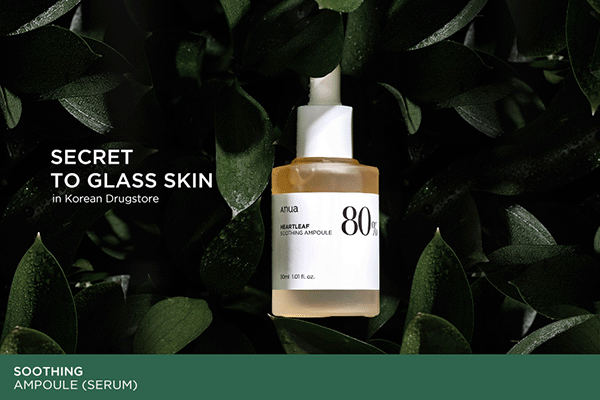
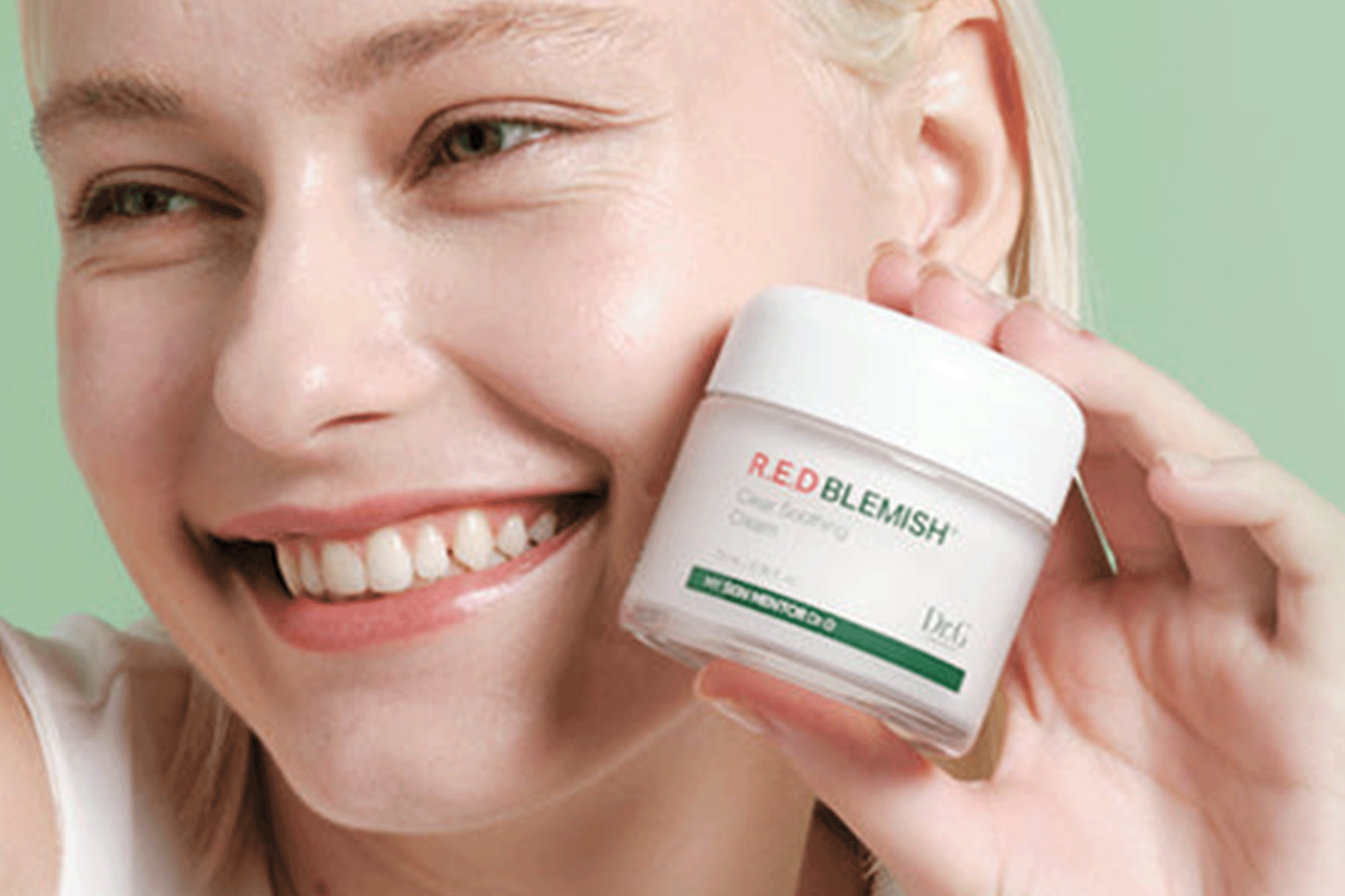
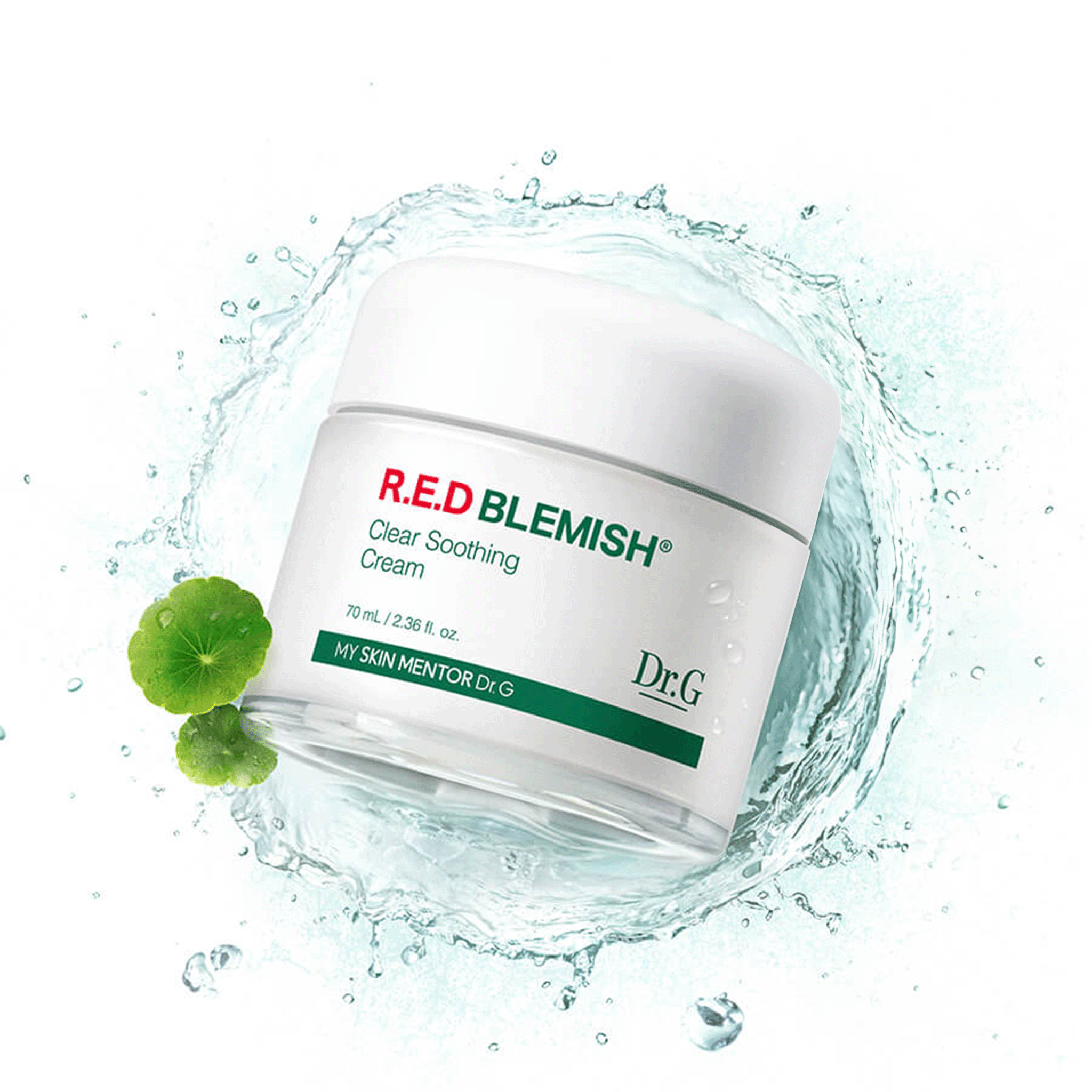
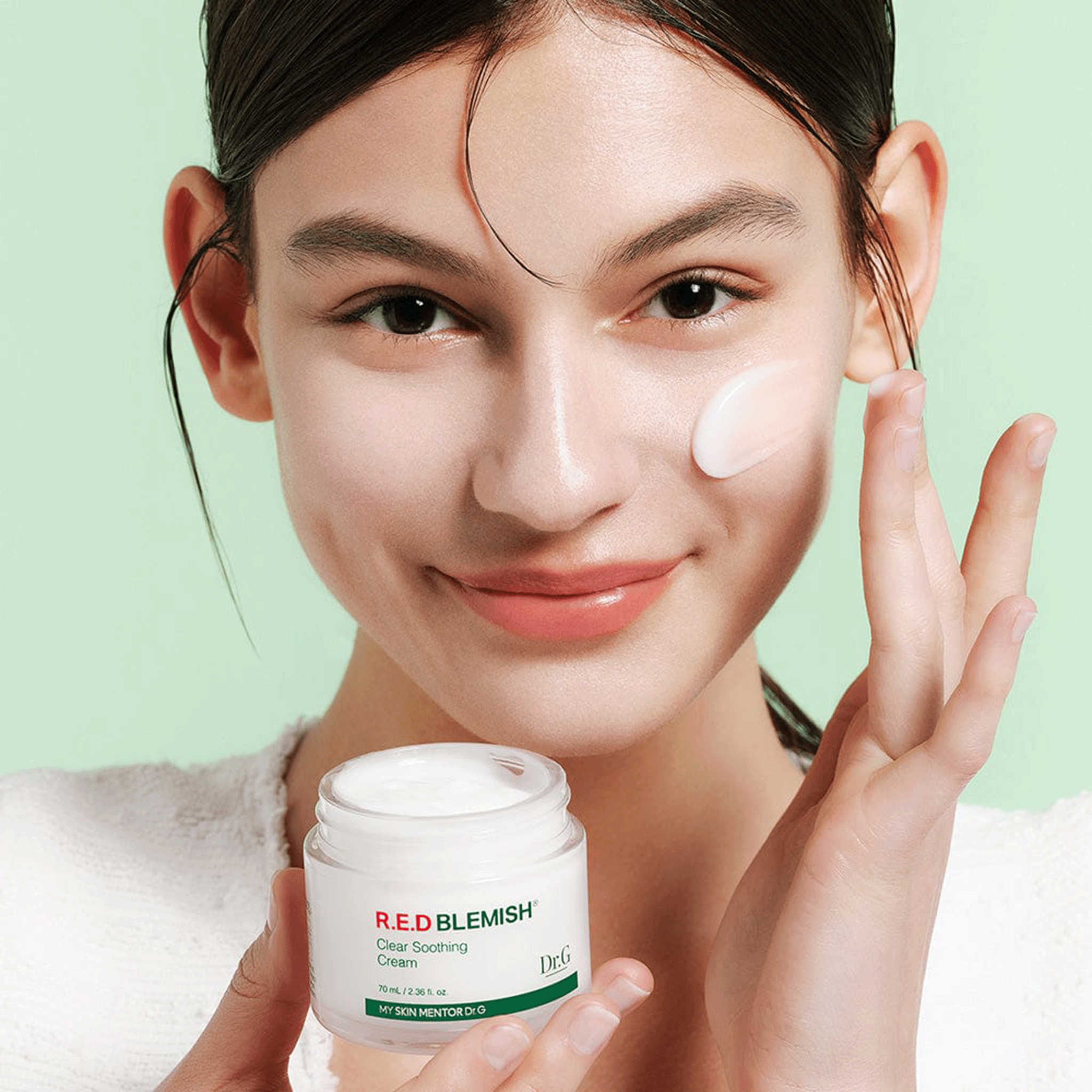
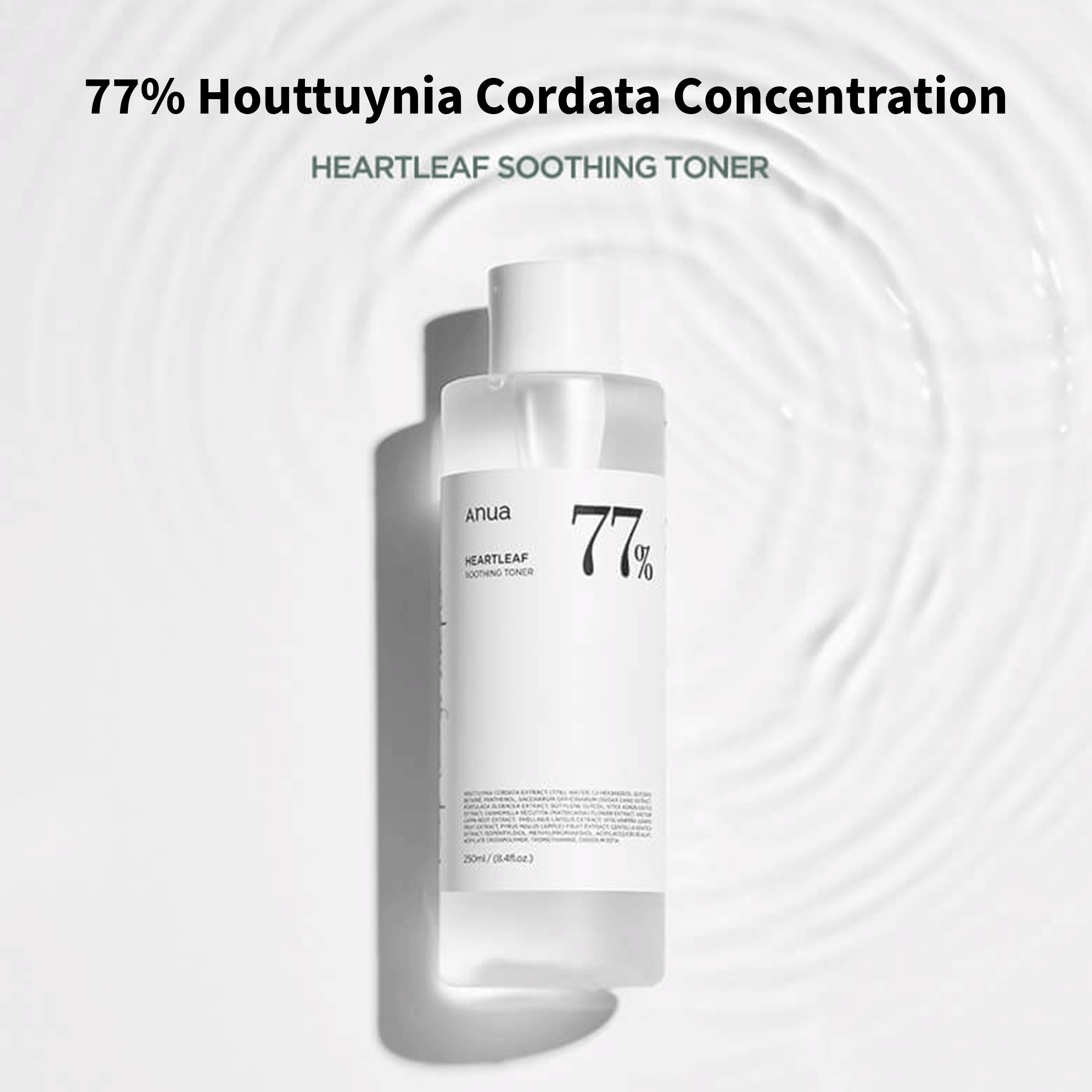
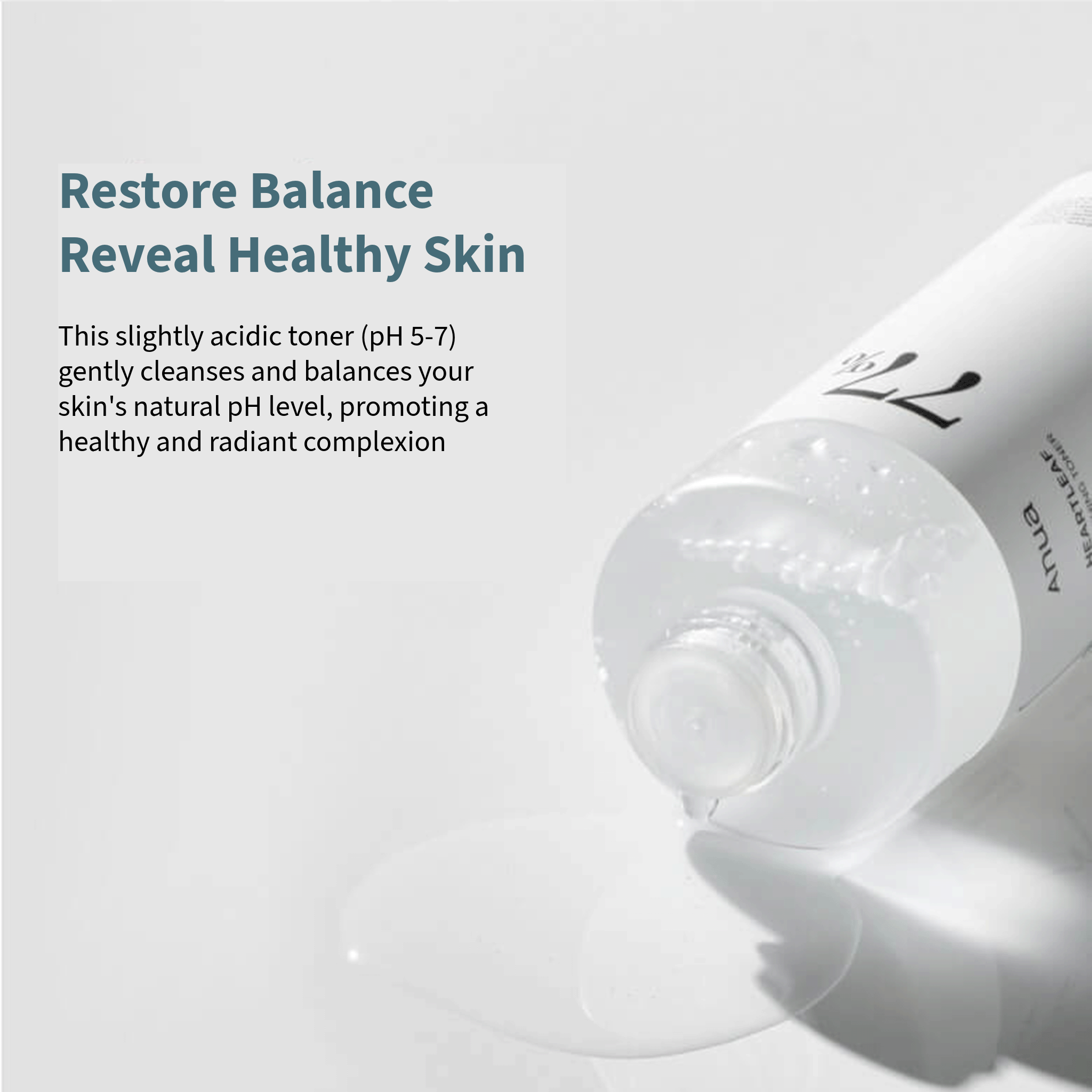
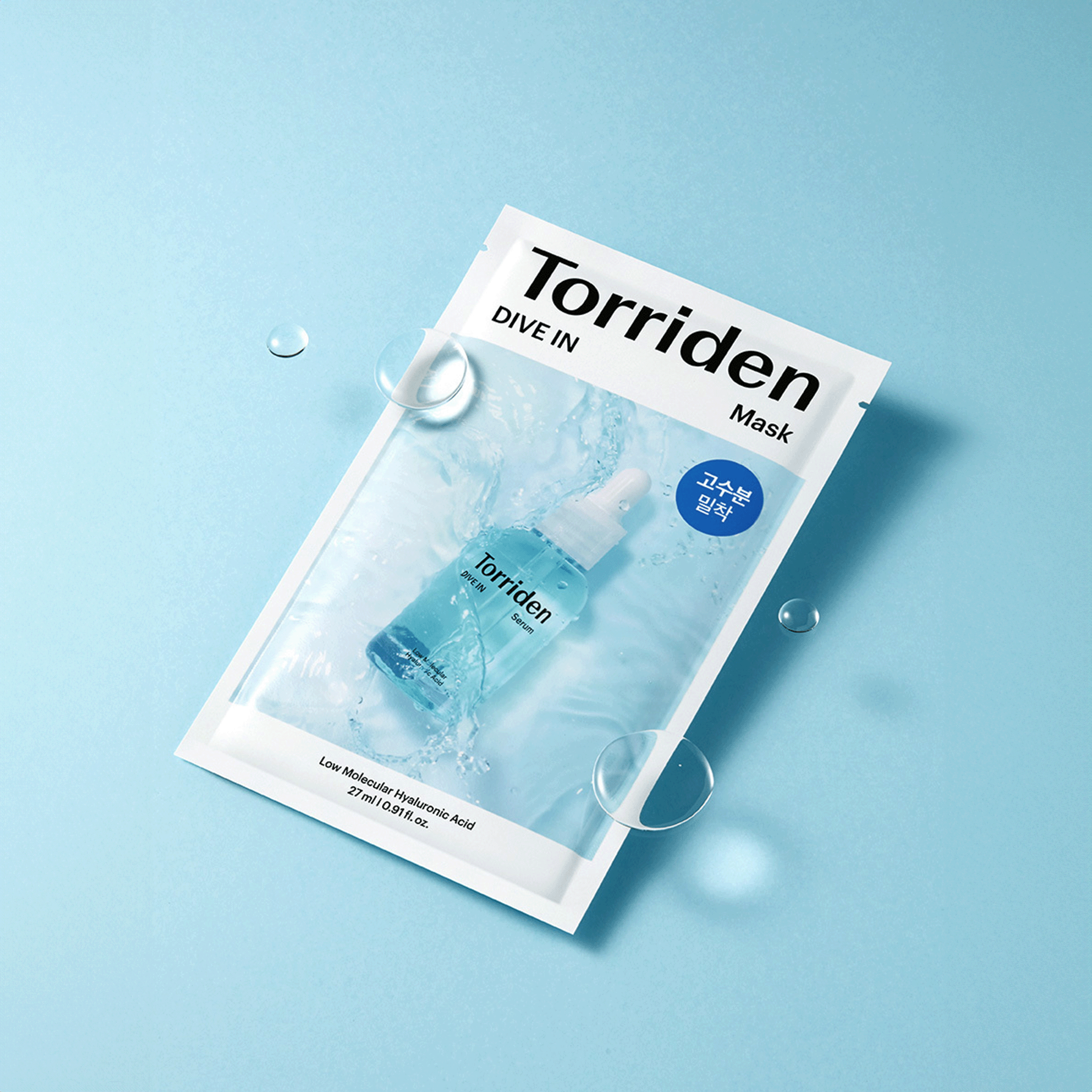
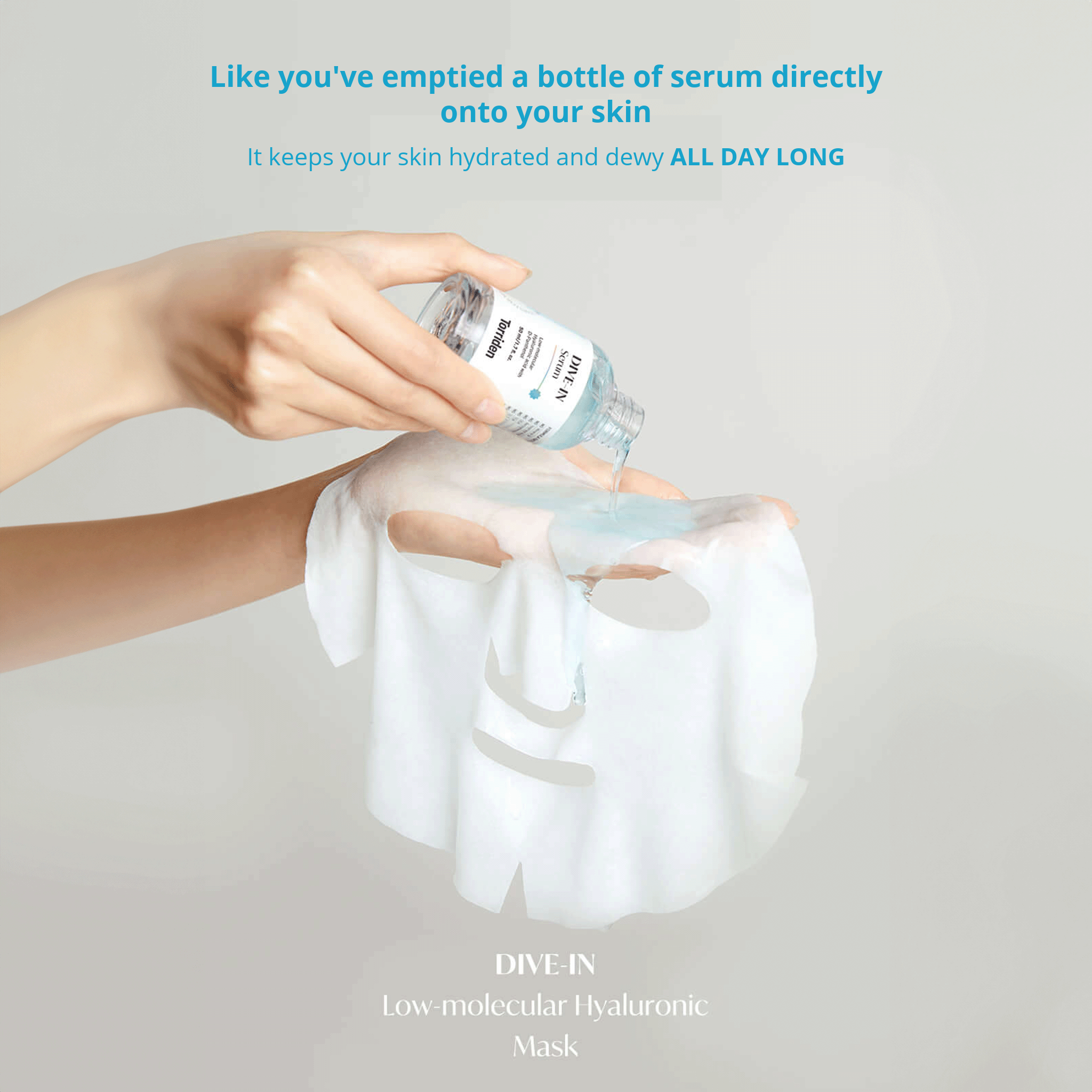
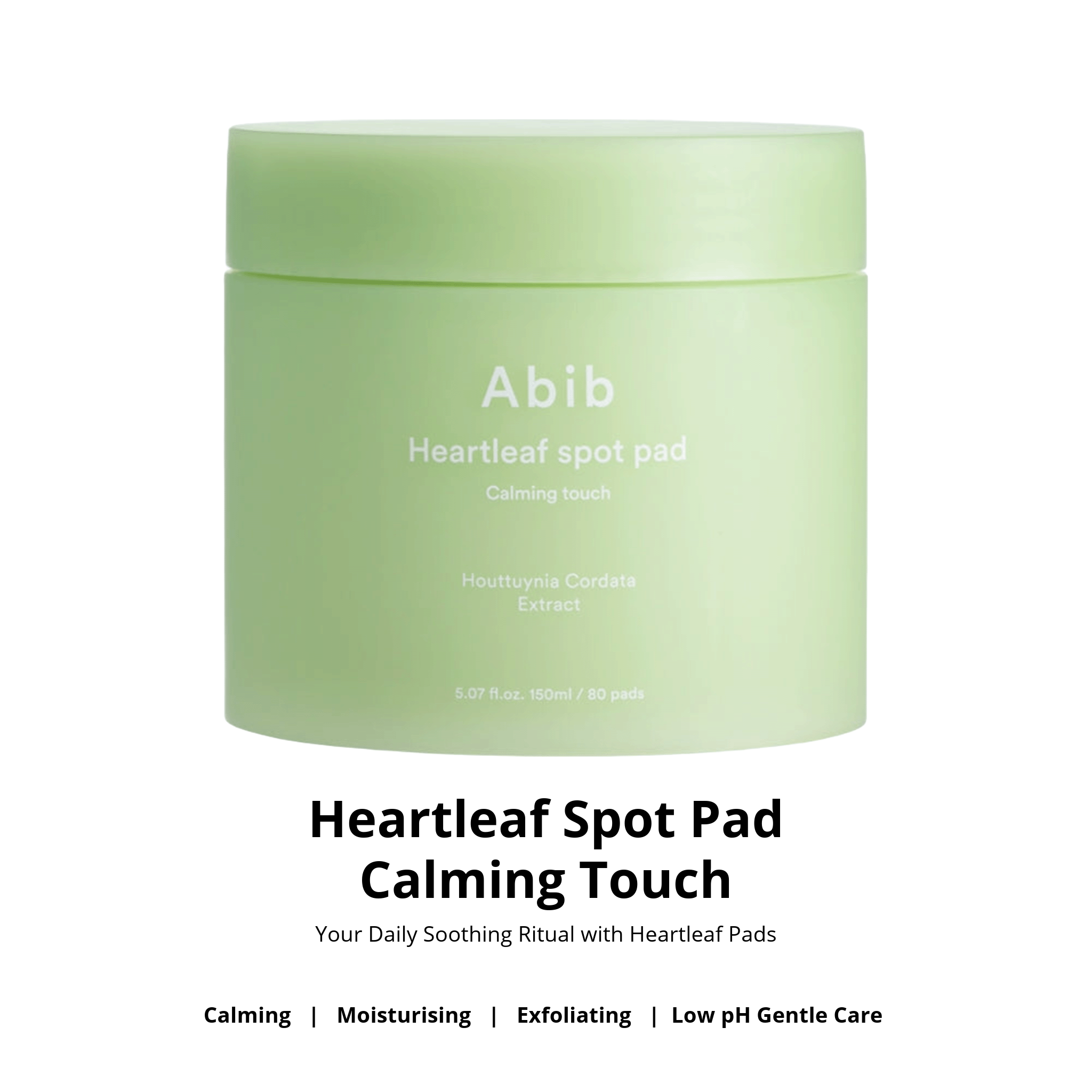
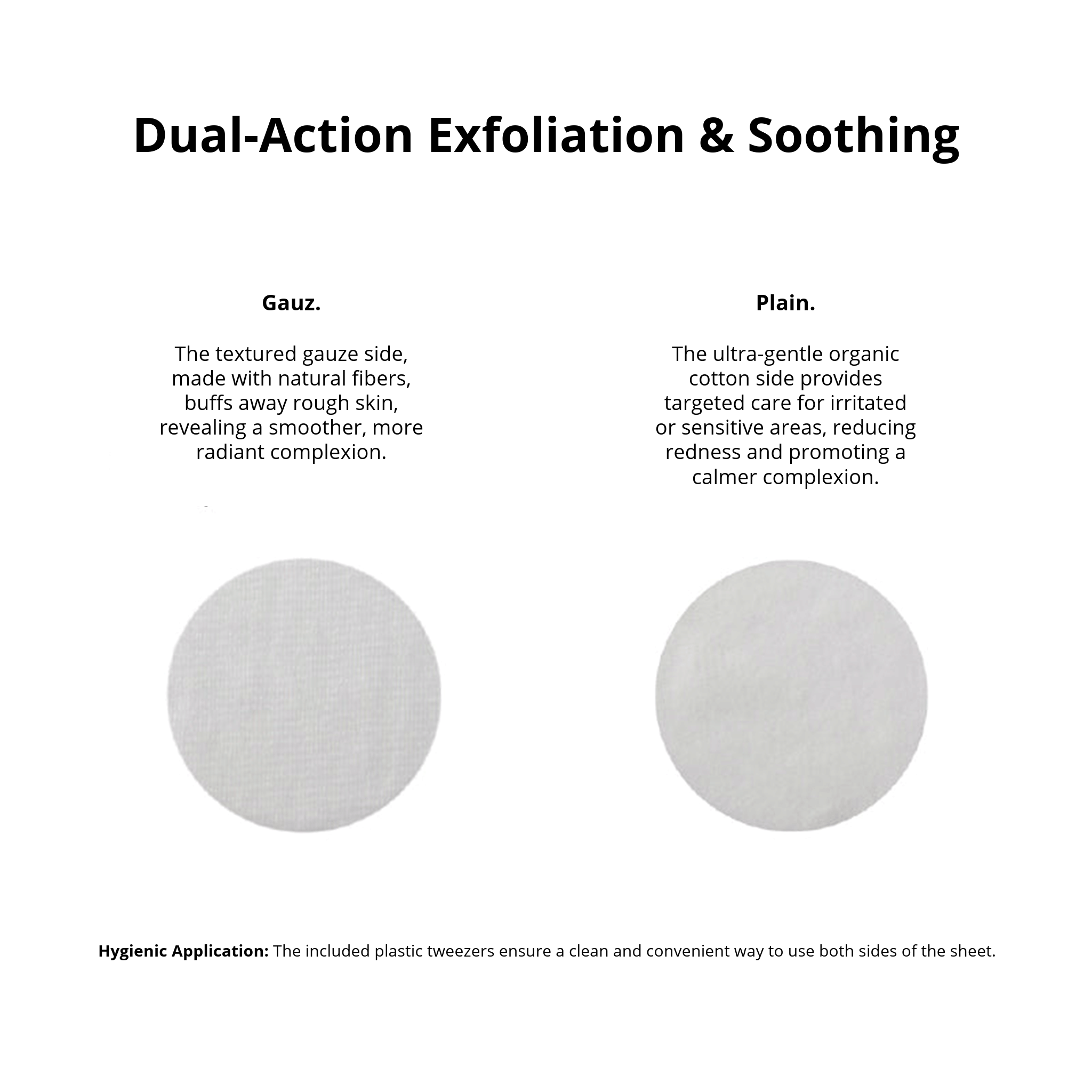
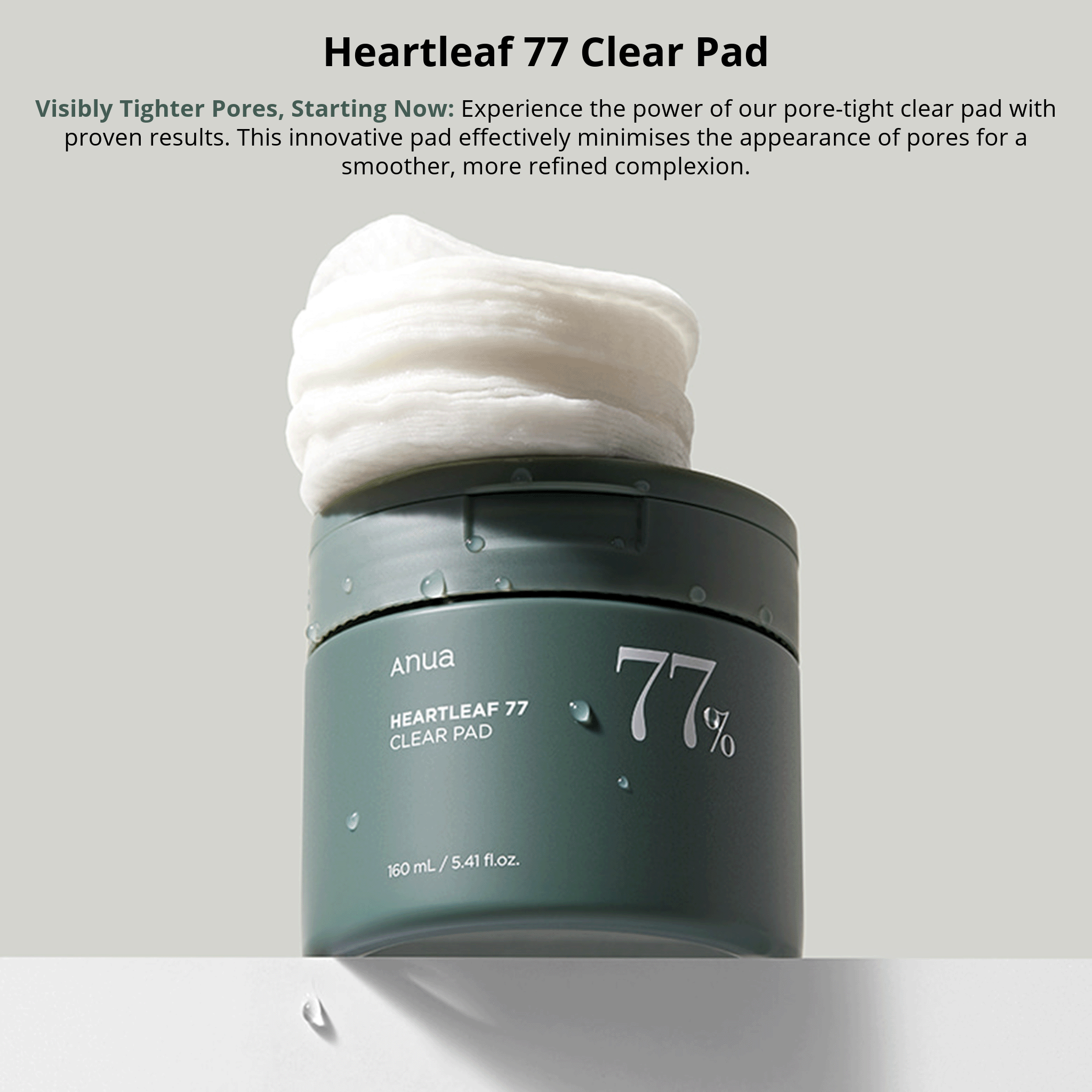
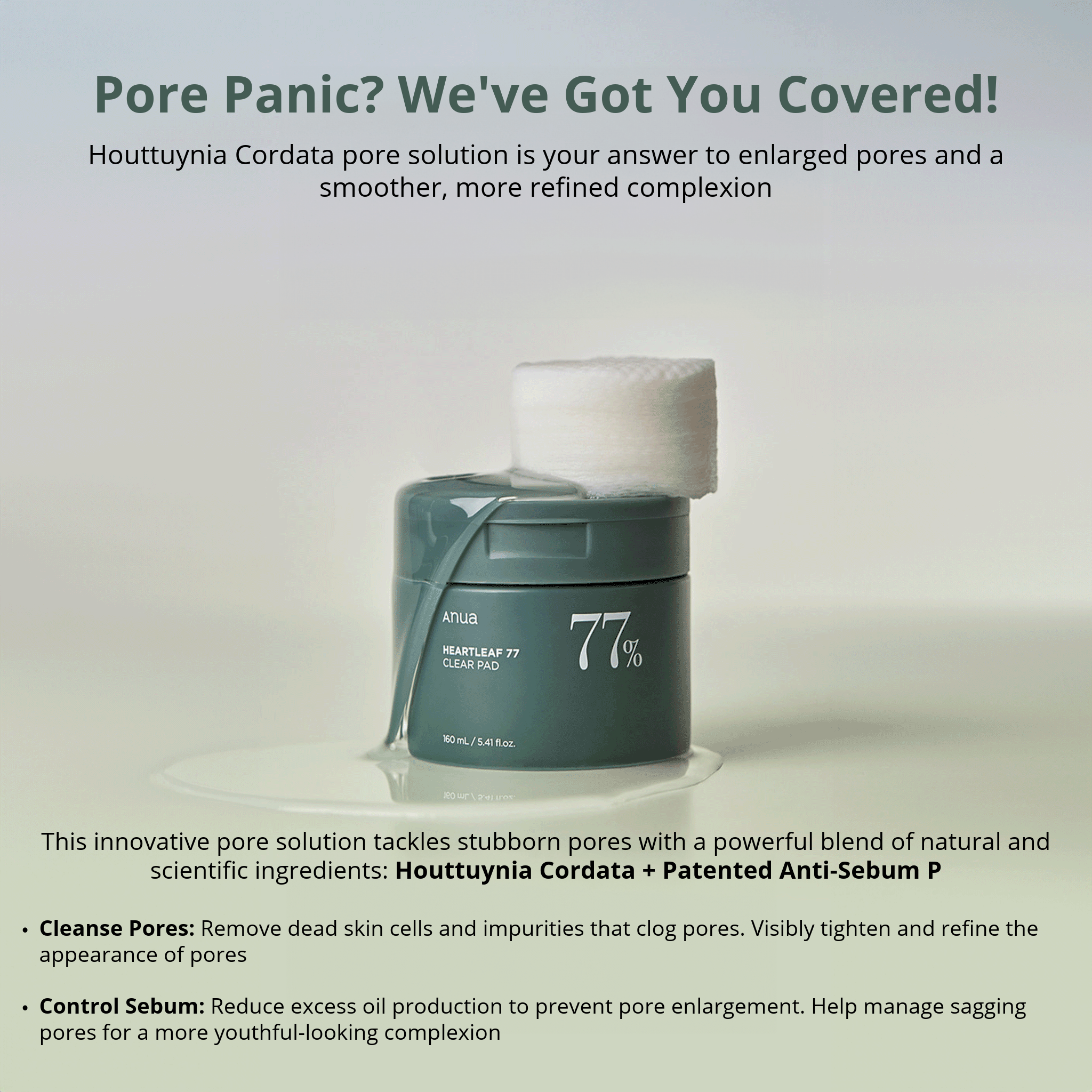
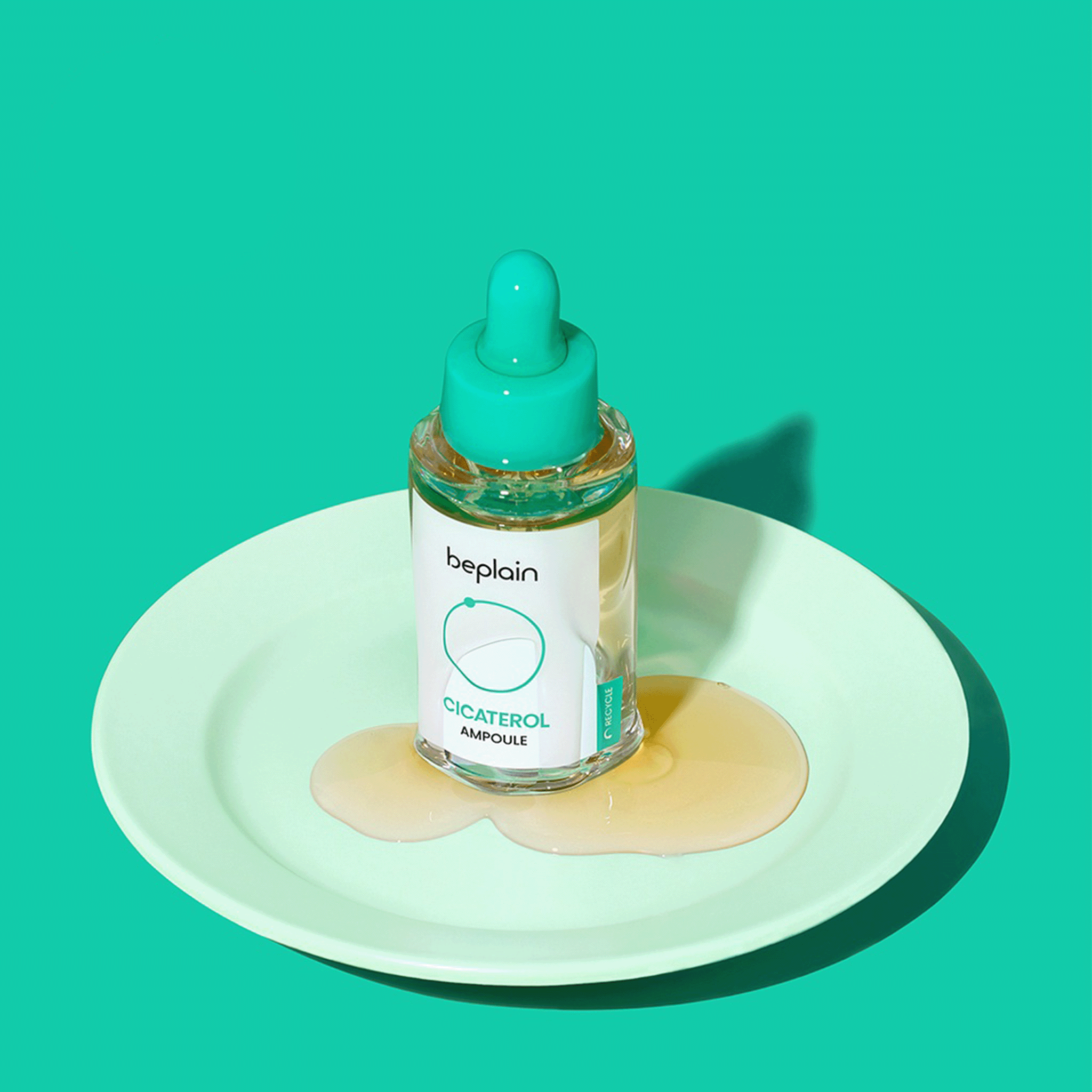
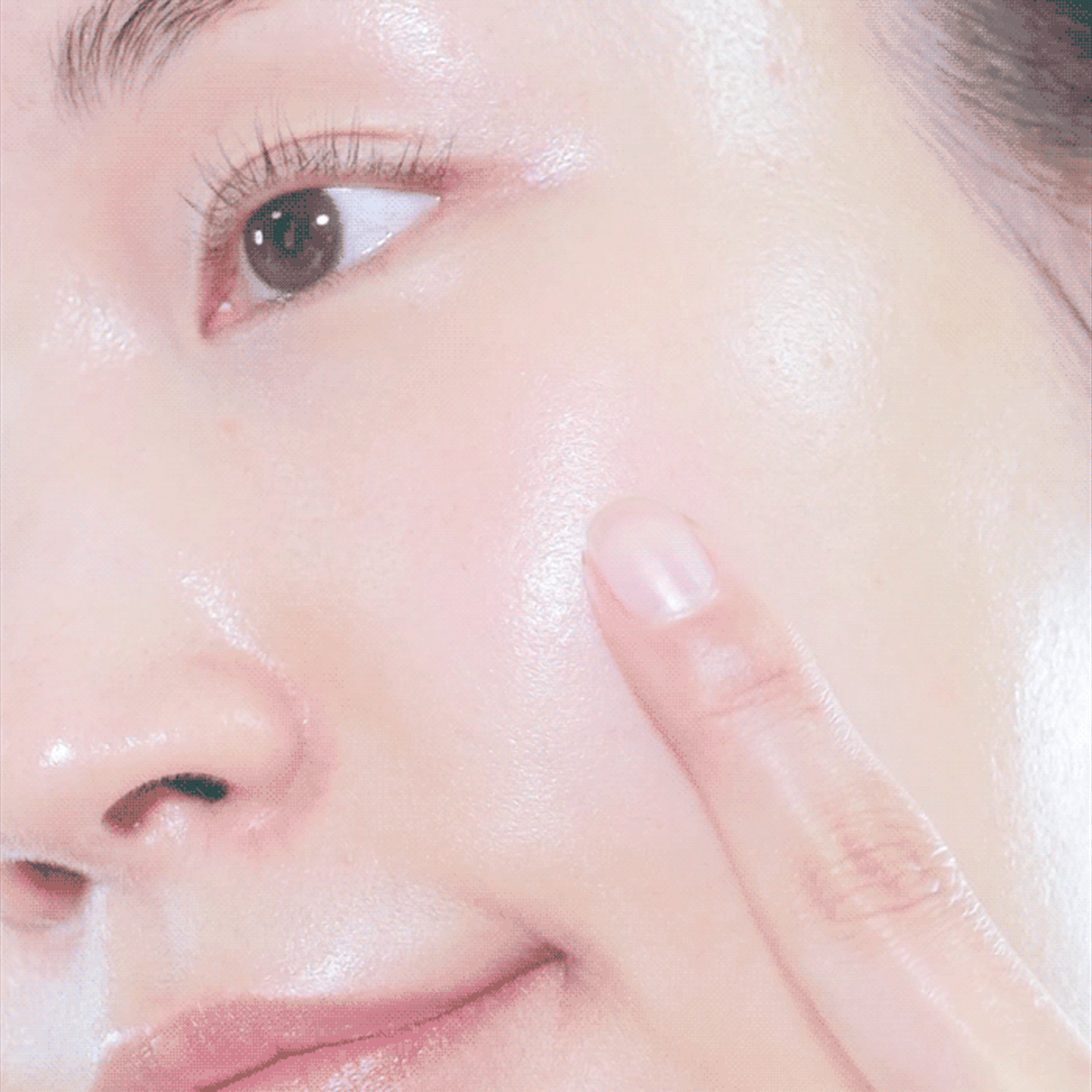
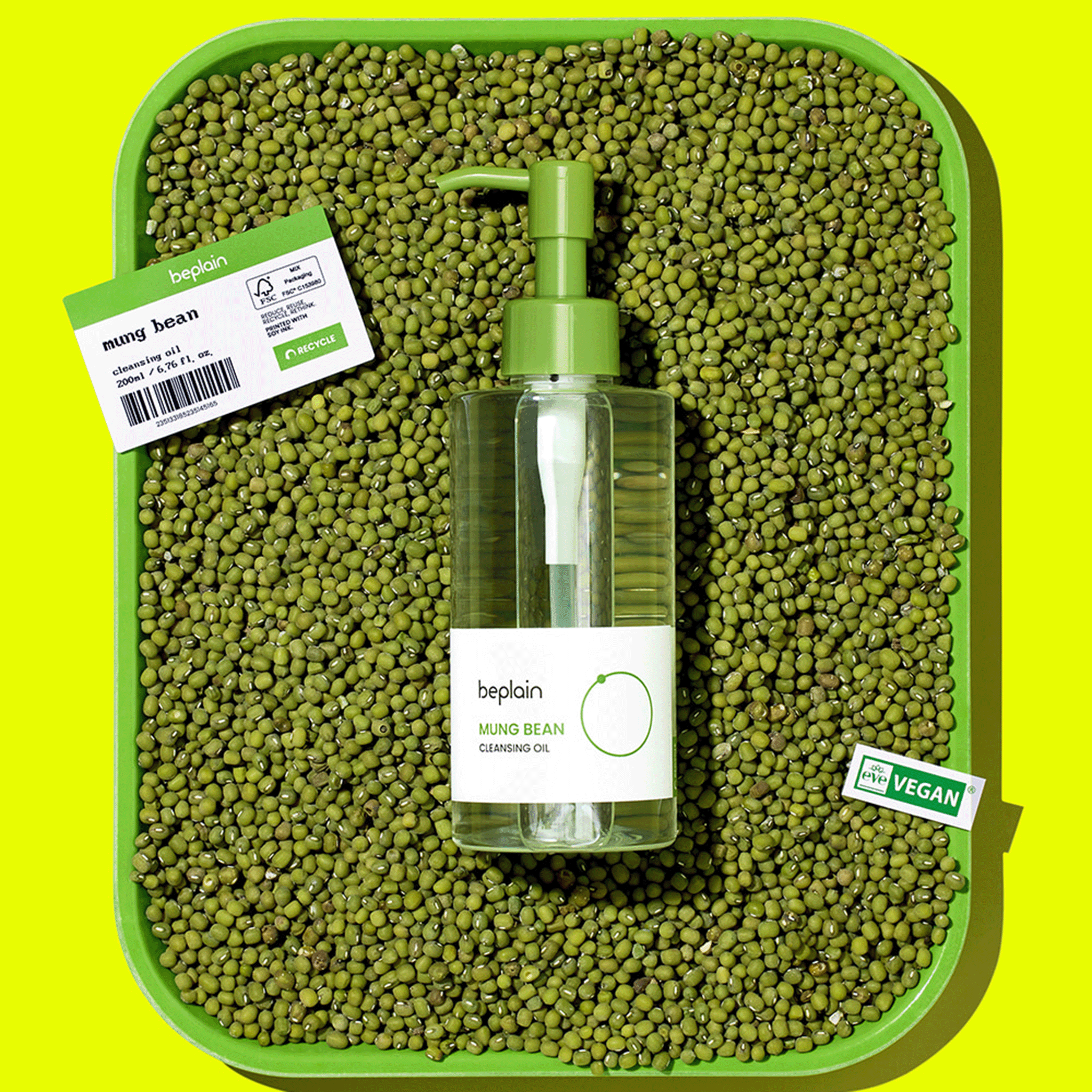
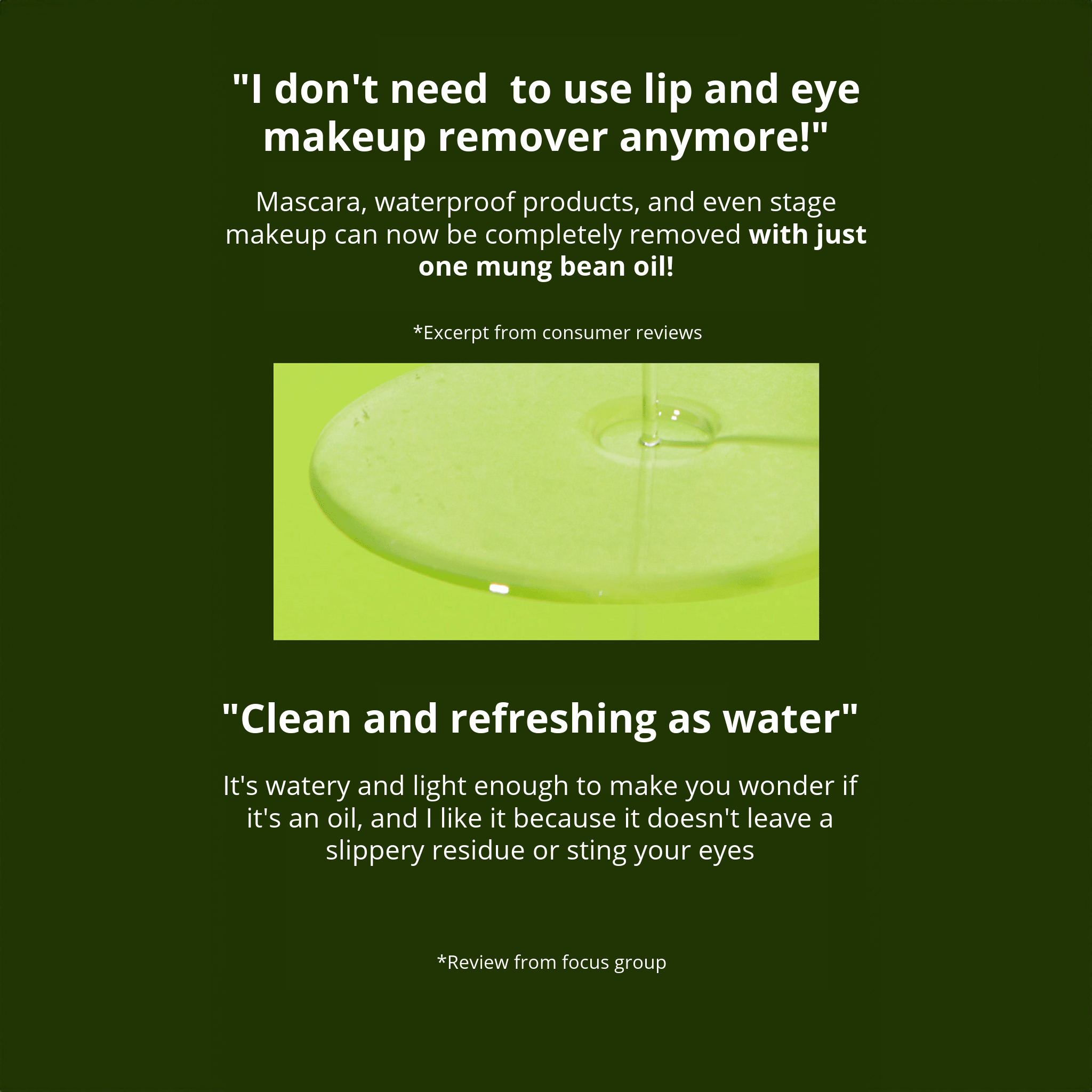
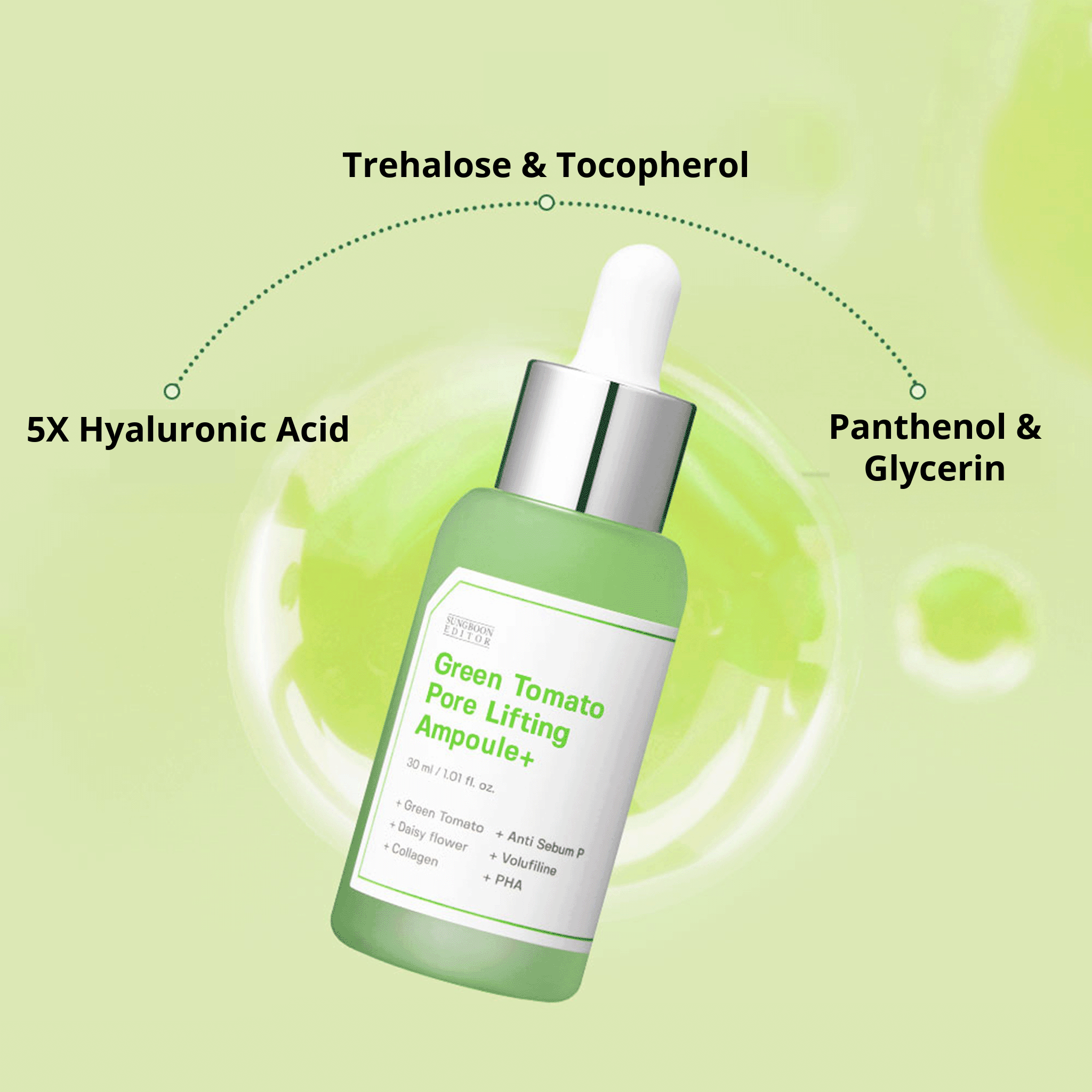
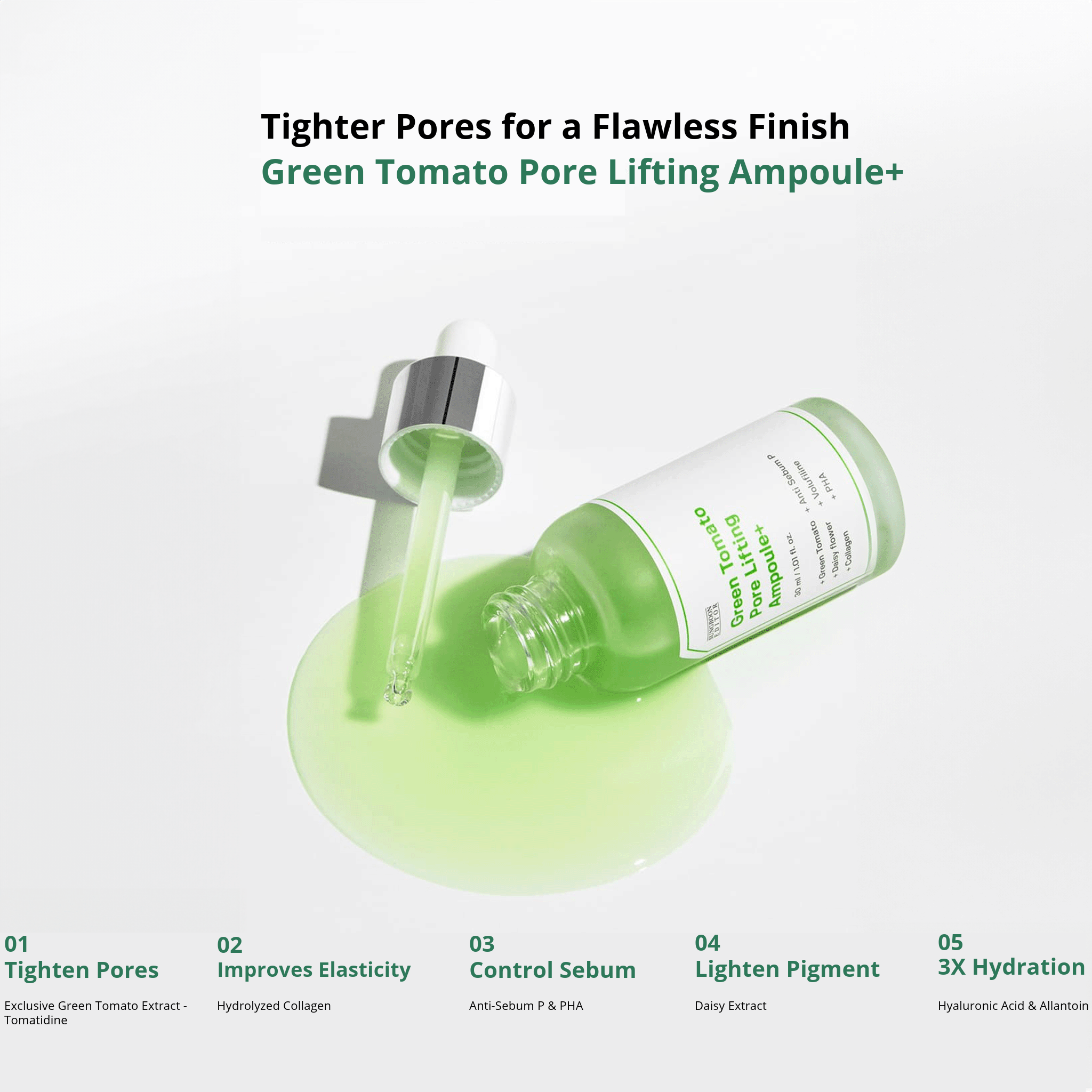
Leave a comment
This site is protected by hCaptcha and the hCaptcha Privacy Policy and Terms of Service apply.